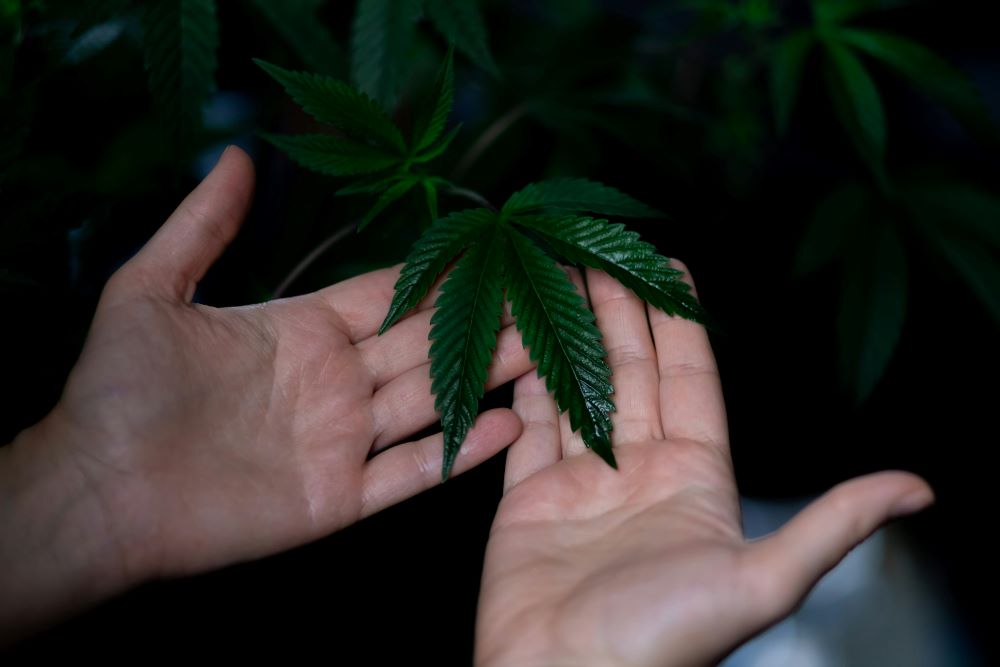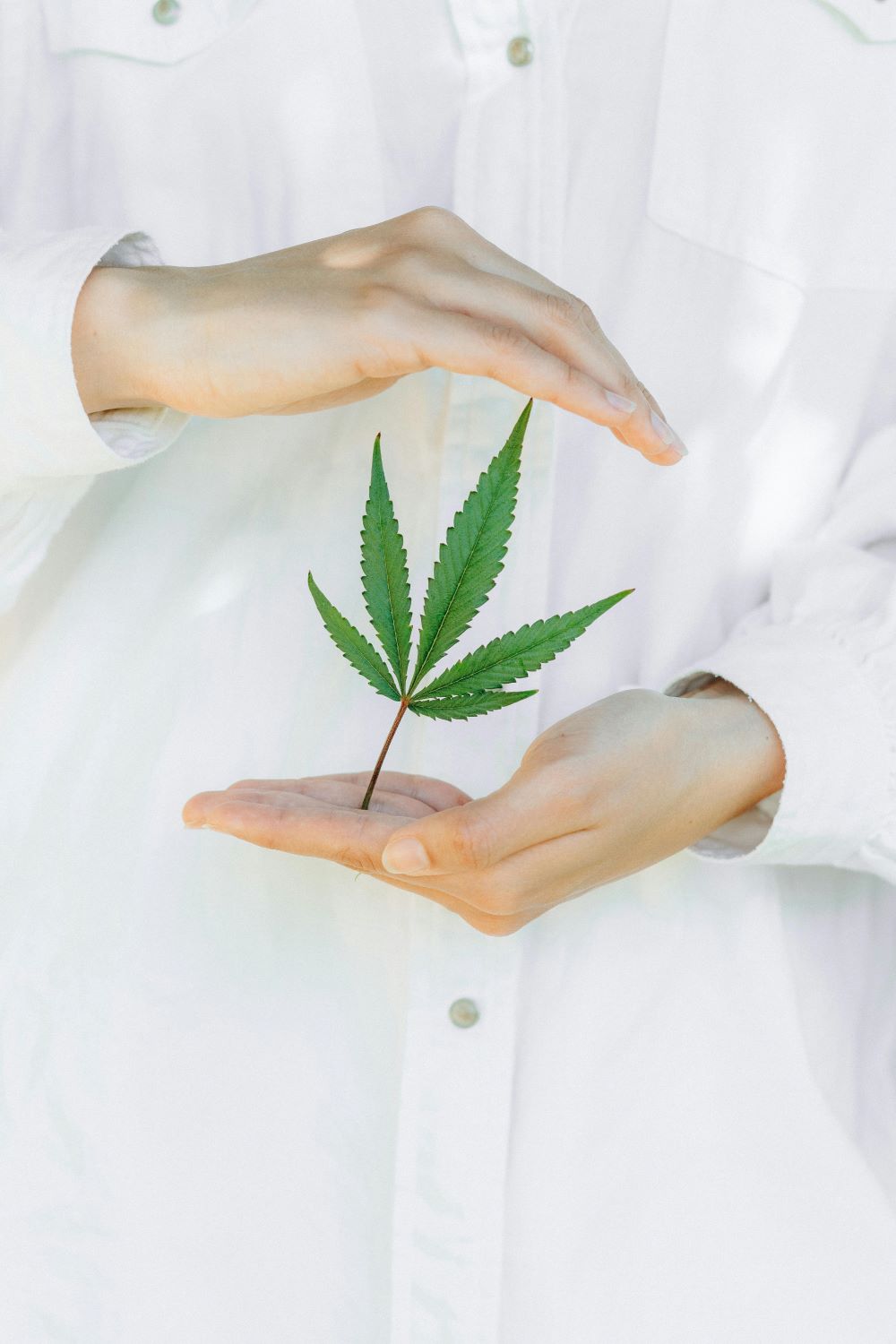Studies reveal cannabis use can prevent some from turning to other potentially harmful substances.
For decades, cannabis has been demonized as a gateway drug, supposedly leading users down a path of misuse and even addiction to harder substances. However, recent research suggests a more nuanced picture. Studies are emerging that indicate cannabis use might be associated with a decrease in the consumption of other potentially harmful substances, like opioids, alcohol, and tobacco.
One analysis examined data from a study of Canadian medical cannabis registrants. The study found that a significant portion of respondents reported a reduction in their use of opioids, alcohol, and tobacco after initiating medical cannabis use. This suggests that cannabis may serve as a substitute for other substances, potentially offering a safer alternative for pain management and relaxation and preventing misuse altogether.
While the Canadian study focused on medical cannabis users, research suggests similar trends may be present in the broader population. An article reviewing various studies, for example, highlighted research that found no evidence to support the gateway drug theory, which suggests that using less addictive drugs like marijuana leads to using harder, more dangerous ones. In fact, some studies even suggested an “inverse association,” where cannabis use might be linked to a decrease in the use of other substances, particularly among adolescents and young adults.

Another study, conducted by researchers at the University of Georgia and published in the Journal of Psychoactive Drugs, analyzed data from a nationally representative sample of young adults in the United States. The team found that young adults living in states with legal recreational cannabis reported significantly lower rates of alcohol and tobacco use compared to their counterparts in states without legalization.
Researchers noted, “Despite the possibilities of increased access to cannabis via diversion from the adult use market and increased normalization of cannabis use [legalizing recreational marijuana] did not lead to increased frequency of cannabis use…” Moreover, they stated, “Regarding other licit substance use, we observed significantly fewer days of alcohol and cigarette use among the [post-legalization] cohort compared to the [pre-legalization] cohort…This suggests the possibility of a protective effect offered by cannabis, including edibles, or potentially ongoing changes in norms and attitudes toward these substances within this socio-historical context.”
The reasons behind this potential substitution effect remain unclear. Some theories suggest that cannabis may offer a more natural and potentially less addictive alternative for pain management, anxiety relief, and sleep problems, conditions that often drive people to misuse alcohol or tobacco. Additionally, cannabis legalization might lead to a decrease in the stigma surrounding its use, encouraging people to be more open about their struggles and seek healthier coping mechanisms.
It is important to note that these studies are observational and do not definitively prove causation. Further research is needed to explore the complex relationship between cannabis use and other substances. Additionally, the potential risks of cannabis use, particularly for adolescents and young adults, should not be overlooked.
The ongoing conversation surrounding cannabis and its role in substance use is evolving. As more research emerges, we may witness a significant shift in how we view this plant and its potential impact on public health.
However, the emerging body of research paints a fascinating picture. Cannabis, once vilified as a gateway drug, might hold promise as a tool for harm reduction. This warrants further investigation to ensure responsible use, especially for young people. The future of cannabis and public health is an intriguing story waiting to unfold.
Sources:
Analysis: Medical Cannabis Associated With Decreased Use Of Opioids, Alcohol, And Tobacco
Medical Cannabis Linked To Lower Opioid, Alcohol, Tobacco Use


Join the conversation!